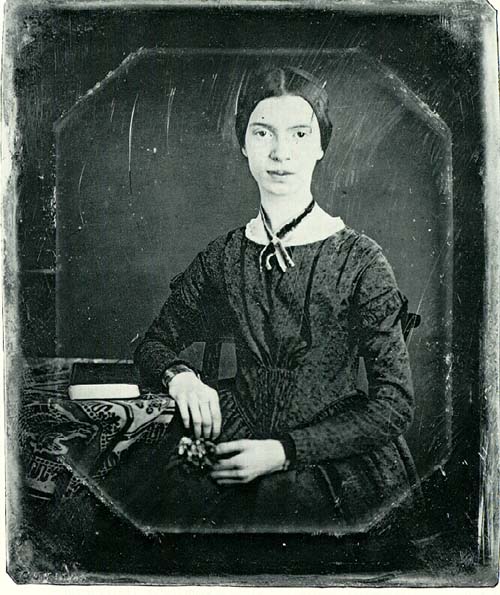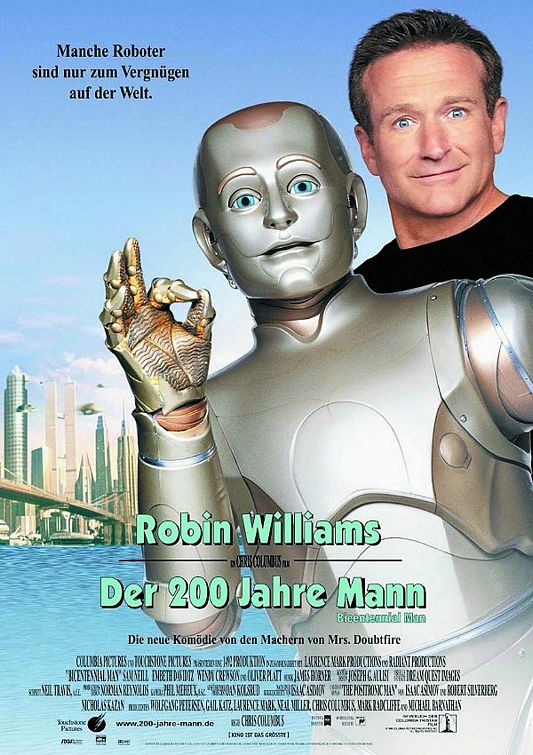Otay, my adaptation is for "A Rose for Emily."
Just so you know.
Point of View
I'm changing the point of view to Homer's because I don't like this communal townspeople point of view business that Faulkner tries to pull off. Also, I like the idea of getting into Homer's head. We know that Emily has a thing for him, but what does he think of her? We would also get to see Emily from an objective point of view, but one that still allows for indirect characterization. This would become Homer's story, not Emily's. Also, I want it to be omniscient, so there's no bias in Homer's perspective, but I the camera should primarily follow him around. Since he ends up dead, this would also make the story into a horror movie. Watch out.
Setting
Remember how I said "A Rose for Emily" reminded me a lot of the story of Annie Palmer? She lived in Jamaica, and I think it adds to the spookiness if the movie takes place in a country foreign to where it's released. The time period would be contemporary, which I think makes it more personal, and thus scarier. I think Emily would have to be on the rich side of things; in Jamaica, there's an enormous gap between the rich and the poor. Maybe Homer is on the poor side, and that could be a small part of his motivation for friendship, as well as her father's disapproval. This would be a source of gossip in the town, I suspect, which could be a backdrop to the plot, but not a major dynamic like it is in the short story.
Characterization
I've got the major cast members aaaaaaall figured out:
Homer will be played by Usain Bolt. He seems like quite the catch. Ahahahahaaaaa it's a pun. Sort of.
Also, I decided that Emily is the Jamaican-born daughter of her British father. She's played by British-Jamaican actress Noemie Harris.
Her British father's played by Michael Caine.
That's much better than my original mental image:
But in terms of AP Lit characterization, they'll all be a whole lot more Jamaican. The cultural twist will probably leak into every element of the story. They'll speak with Jamaican accents. They'll eat "patties" a lot, probably. Erm... bright colors might be prevalent in their wardrobe. I feel like I'm stereotyping.
Plot
Emily's still gonna keep her dad's dead body and then kill Homer and keep him around and whatnot as well. I'm not into the whole Minority Report change-everything-except-the-lead-character's-name thing. Howeverrrr, I'm going to leave out that bit about Emily needing to pay taxes. I think the Homer/Emily/dad story is more intriguing without the distraction of the town. Also, I want an actual rose in the story. I'll work that in by having a rose arrive at Emily's door that's from Homer, who had it sent there as a surprise. Emily's never going to fiiind it, though, because she'll never leave her house again after she kills Homer. It'll just sit there on her front doorstep, and she'll die like Bartleby, never knowing it's there. It's one of those everybody-dies-in-the-end movies that I hate.
Theme
The theme, of course, will be considerably different at this point. In Faulkner's story, the theme is something like, "Love makes us do crazy things." In my version, that will still be there. Howeeeever, it's a horror story, so the new theme is "Watch your back." (Not literally.) I want more thrill, the same amount of creepy, and slightly less sentimentality. There's plenty of room for that in chick flicks. I want the viewers to leave with the thought, "I sure hope I never have a crazy significant other who kills me and hoards dead bodies."











